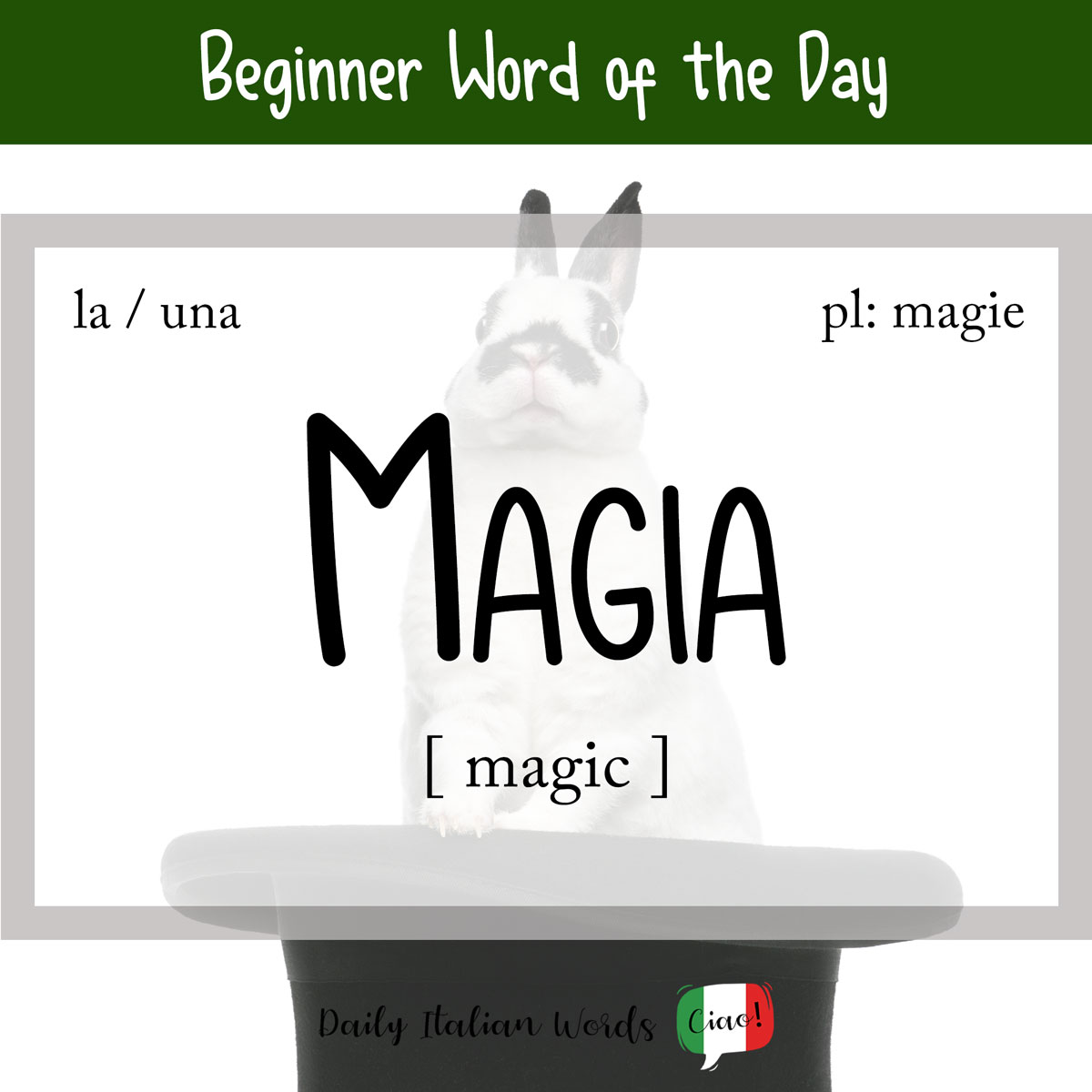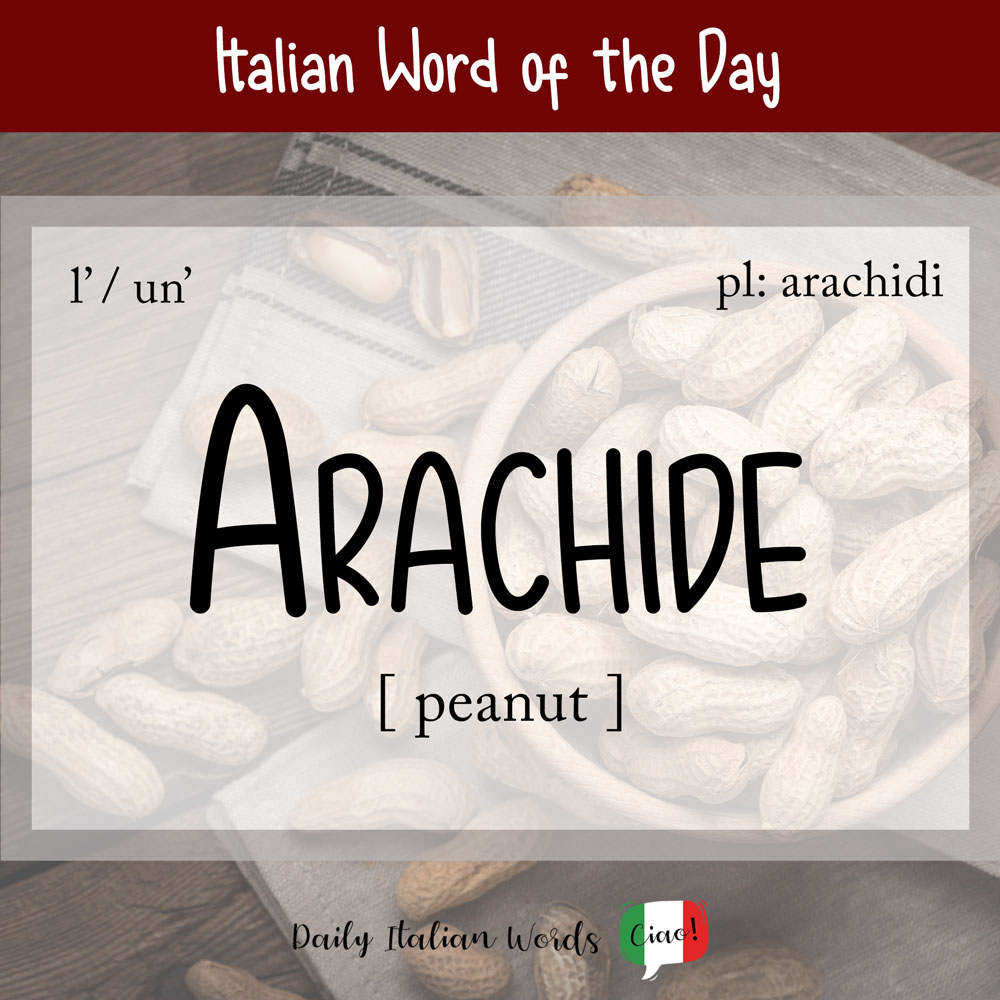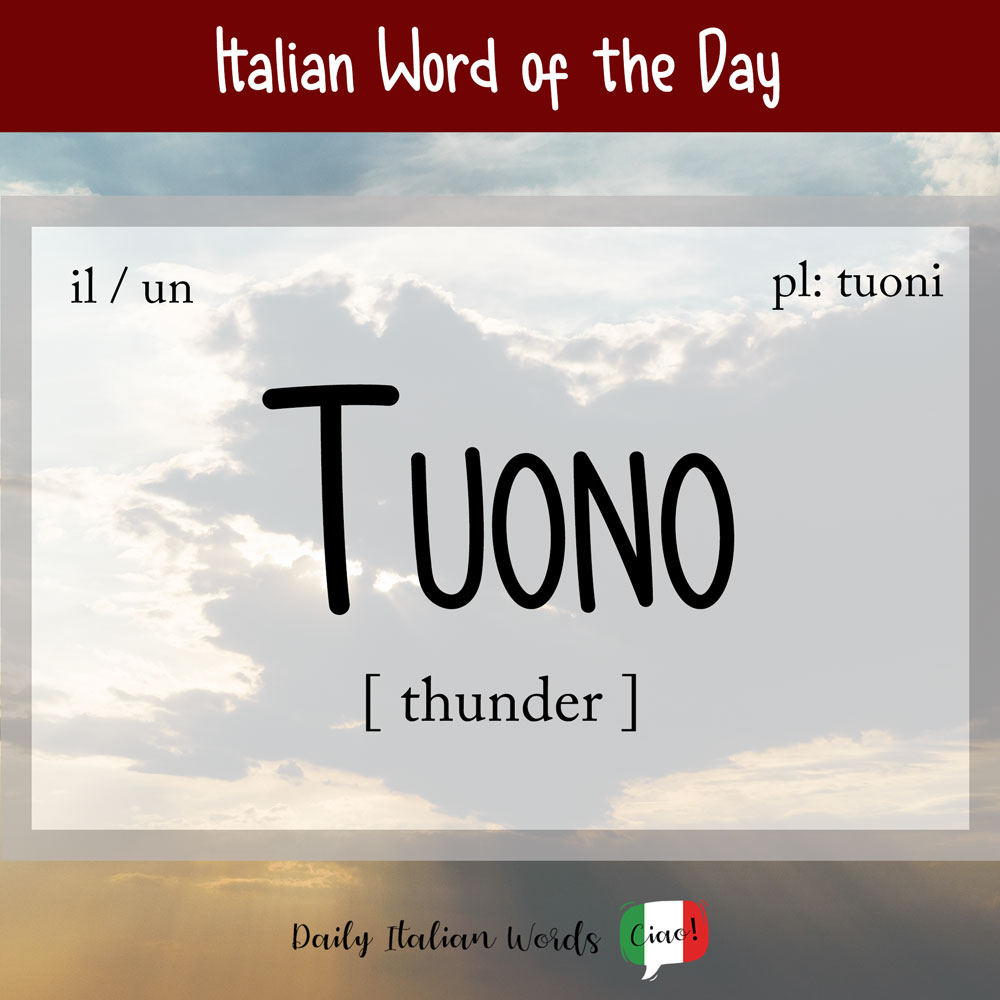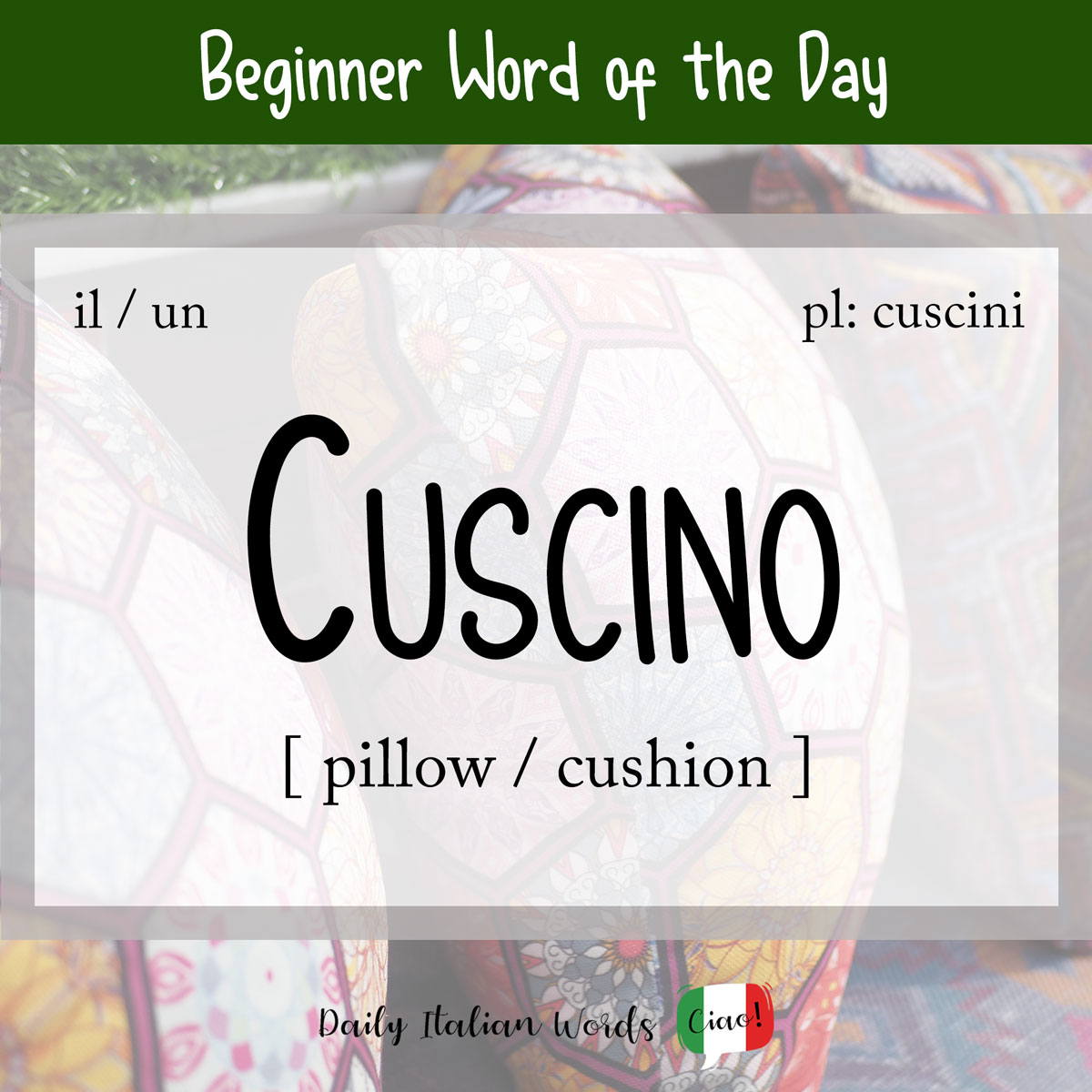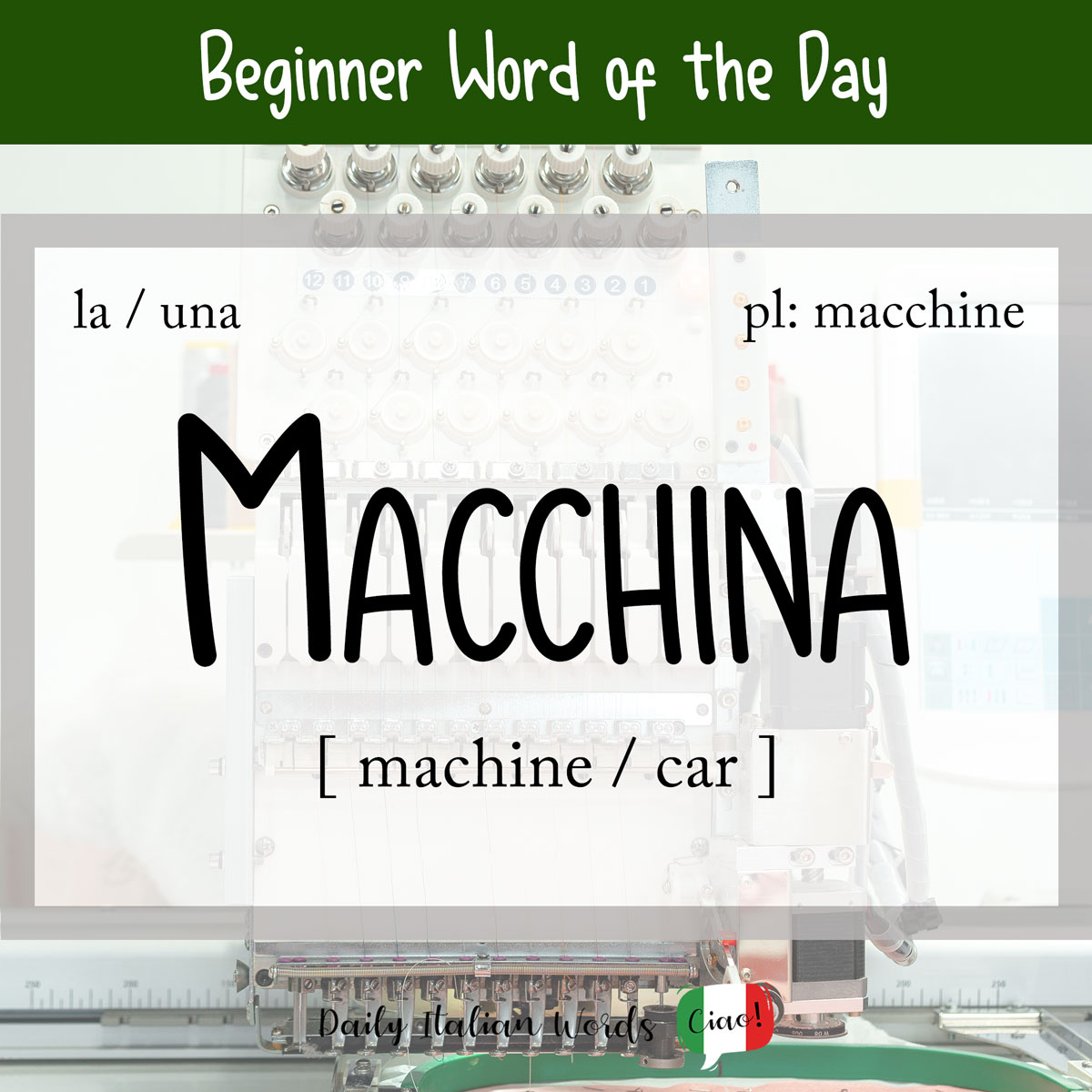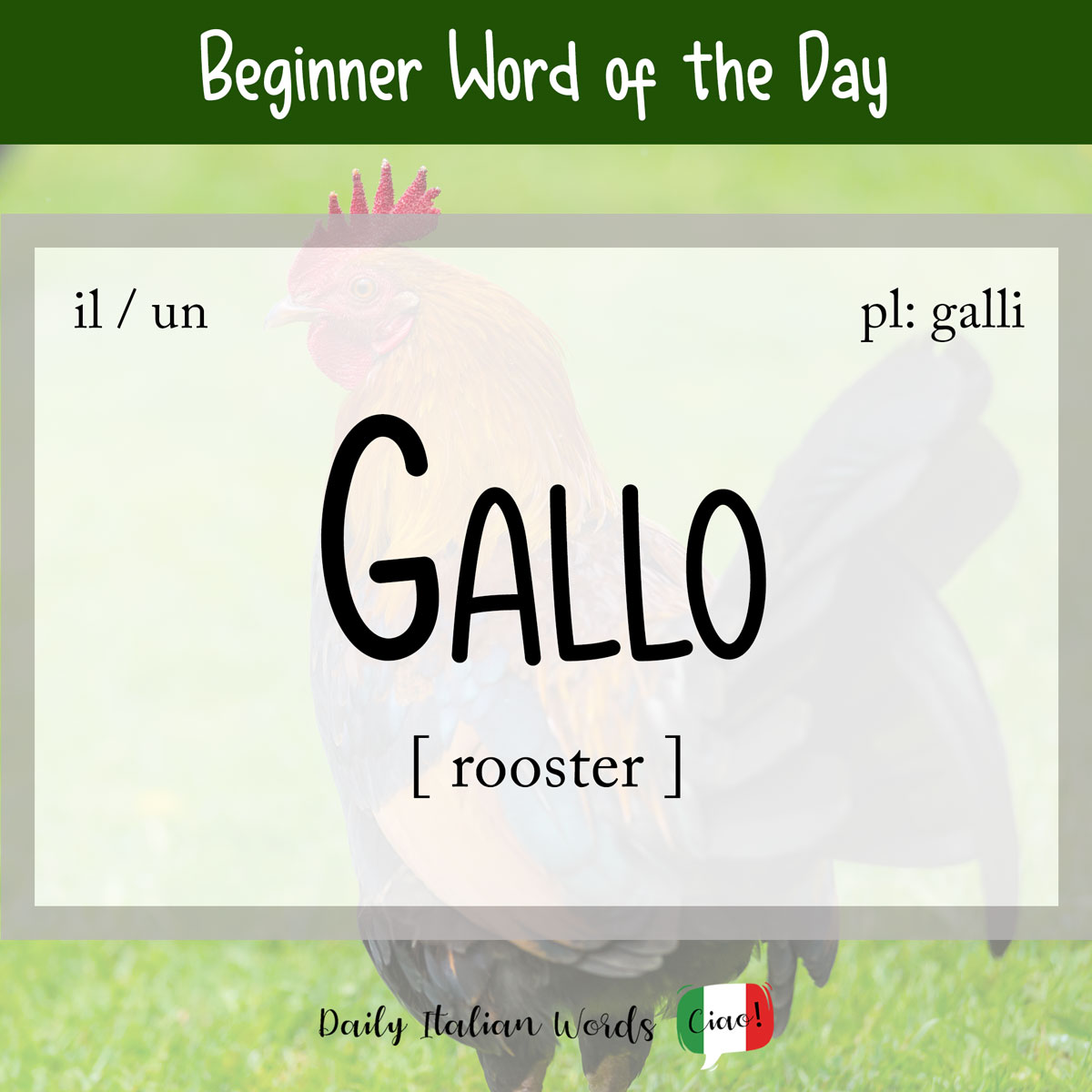Italian Word of the Day: Magia (magic)
The word for magic in Italian is magia (feminine, plural: magie). Both words can be traced back to the Latin magica, which in turn comes from the Greek magike (‘the art of magus’). Below are some useful verbs you’ll often see used with magia: Nel medioevo, tutti credevano nella magia. In the Middle Ages, everyone …

